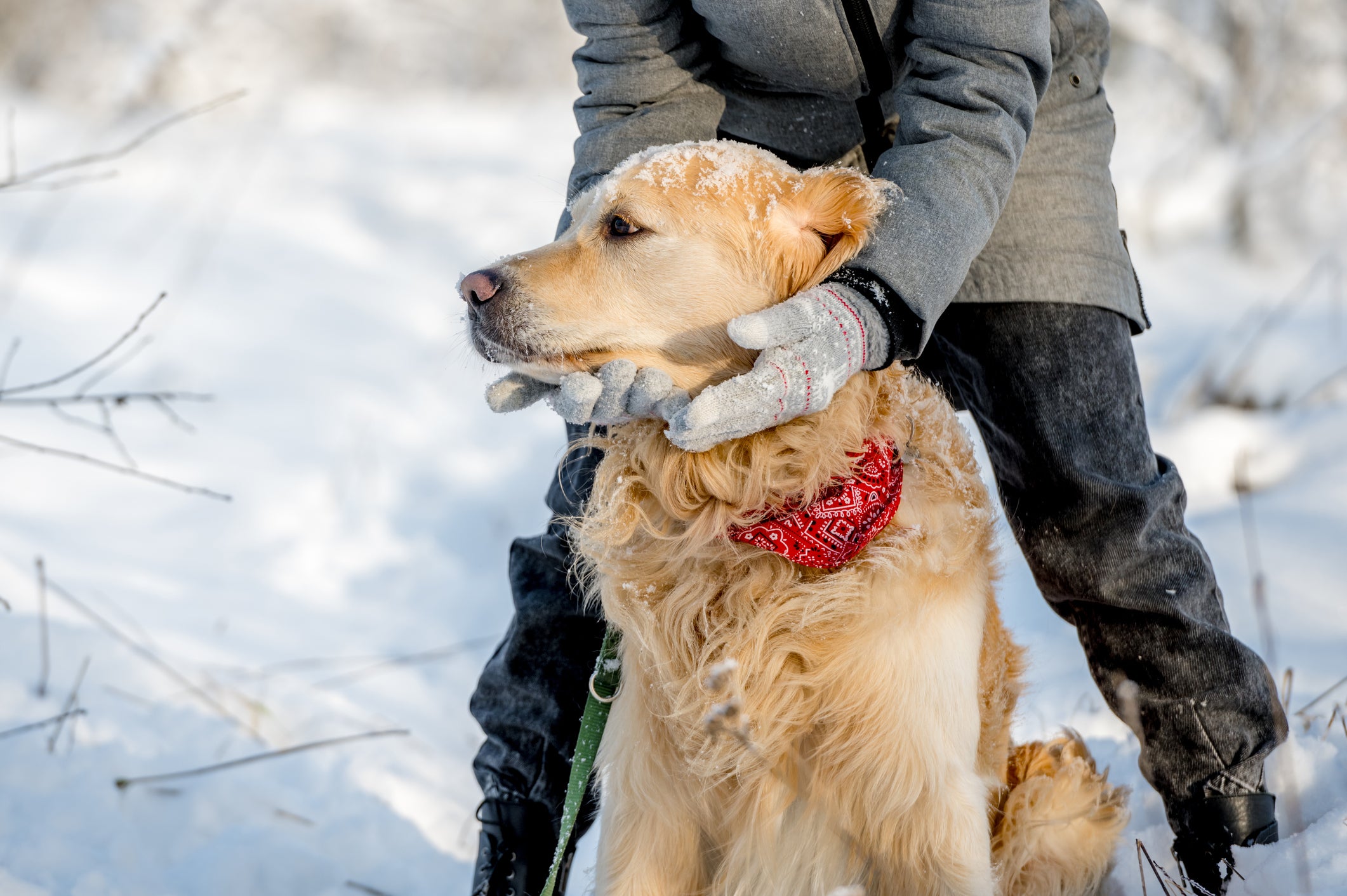Winter is a wonderland for us, but it poses challenges for our furry companions. As temperatures drop, it's crucial to prioritize your pet's safety and well-being. From creating a cozy indoor space to handling emergency situations, here's a comprehensive guide to ensure your pets thrive in the winter months.
Introduction
Winter brings a unique set of challenges for our pets. From freezing temperatures to icy surfaces, it's important to understand how to keep them safe and comfortable during this season.
Understanding Winter Hazards for Pets
The first step in safeguarding your pets is recognizing the potential dangers. Cold temperatures, slippery surfaces, and exposure to de-icing chemicals can all have adverse effects on your furry friends.
Creating a Cozy Indoor Space
One of the best ways to protect your pets from winter's harsh elements is by ensuring they have a warm and comfortable indoor space. Consider setting up cozy beds and blankets in a quiet area where they can retreat from the cold.
Outdoor Essentials: Winter Gear for Pets
Invest in winter gear for your pets, such as sweaters, boots, and insulated beds. These items provide an extra layer of protection against the cold and keep your pets comfortable during outdoor activities.
Adjusting Diet for Winter Months
Winter often requires adjustments to your pet's diet. Consult with your vet to ensure they are getting the right nutrients to stay healthy and energized during the colder months.
Hydration Matters: Dealing with Dry Indoor Air
Combat the dry indoor air that comes with heating systems by ensuring your pets have access to fresh water at all times. Proper hydration is essential for their overall well-being.
Protecting Paws and Pads
Your pet's paws are vulnerable to ice, snow, and harmful chemicals used for de-icing. Invest in pet-safe ice melt and consider using booties to protect their paws during walks.
Grooming Tips for Winter
Maintain your pet's coat with regular grooming. A well-groomed coat provides better insulation against the cold and reduces the risk of skin issues.
Regular Exercise in Winter
While it might be tempting to hibernate during winter, pets still need regular exercise. Find creative ways to keep them active indoors or choose pet-friendly outdoor activities that are suitable for colder weather.
Vet Visits and Vaccinations
Regular vet check-ups are crucial year-round, but winter is an ideal time to ensure your pet is in top health. Discuss winter vaccinations and any specific concerns with your vet.
Creating Safe Outdoor Spaces
If your pet enjoys spending time outdoors, make sure your backyard is safe. Remove any potential hazards, provide shelter, and consider creating a designated potty area to minimize exposure to cold surfaces.
Awareness of Hypothermia and Frostbite
Educate yourself about the signs of hypothermia and frostbite in pets. Knowing the symptoms and taking prompt action can prevent serious health issues.
Traveling with Pets in Winter
If you need to travel with your pet during winter, plan ahead. Ensure they are comfortable, warm, and secure during the journey. Pack essentials like extra blankets and their favorite toys.
DIY Pet-Friendly Winter Treats
Spoil your pets with homemade winter treats. From warm broths to frozen delights, these treats can be both delicious and comforting for your furry companions.
Emergency Preparedness: What to Do in Critical Situations
Prepare for emergencies by having a winter-specific pet emergency kit. Include essentials like extra food, medications, and blankets. Know the contact information for emergency veterinary services in your area.
Conclusion
By taking proactive steps to address winter challenges, you can ensure that your pets not only survive but thrive during the colder months. From creating a cozy indoor haven to being prepared for emergencies, your furry friends will thank you for your care and attention.
FAQs
-
Can I use regular ice melt on my driveway if I have pets?
- While some ice melts are labeled as pet-safe, it's always best to use products explicitly designed for pet-friendly use to avoid any potential harm.
-
How often should I groom my pet in winter?
- The frequency of grooming depends on your pet's breed and coat type. However, regular brushing to remove loose fur and prevent matting is advisable.
-
Are there specific winter vaccinations for pets?
- Your vet can recommend specific vaccinations based on your pet's health and lifestyle. Common ones include vaccines against respiratory infections and other seasonal ailments.
-
What signs indicate that my pet is experiencing hypothermia?
- Symptoms of hypothermia in pets include shivering, lethargy, and difficulty moving. If you notice these signs, seek veterinary assistance immediately.
-
Can I use a space heater to keep my pet warm indoors?
- While space heaters can help, ensure they are pet-safe and positioned out of reach. Always supervise your pet when a heater is in use to prevent accidents.

